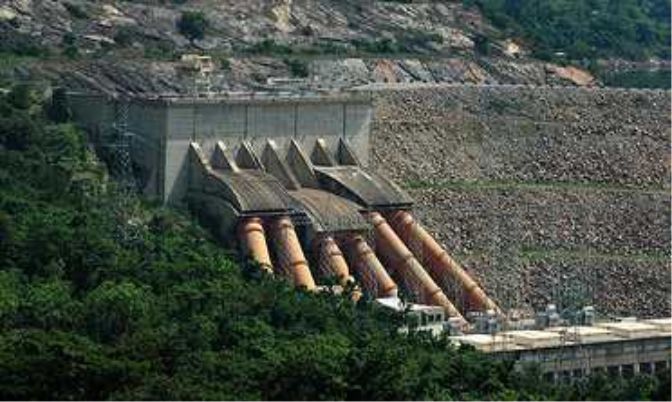Energy think tank Coalition of Stakeholders on Electricity Contracts and Arrangements (COSECA) has raised concerns the recent “blessings” of rains has not enabled optimal generation from the country’s hydro sources of power.
“The rains that have caused floods to ordinary Ghanaians ironically have not improved the generation mix with an increased hydro component that potentially can reduce the tariff to the benefit of Ghanaians,” COSECA said in a statement on Monday, October 30.
It said the sure solution to this is rationalisation of the power generation mix “to ensure that the benefit of increased hydro generation is passed on to Ghanaians and not to the export market”.
“This situation needs to be rectified using the automatic adjustment mechanism to redistribute over and under recoveries to the benefit of Ghanaians,” the statement jointly signed by Dr Steve Manteaw, Kofi Bentil, Kwame Jantuah, Nana Yaa Jantuah and Kofi Kapito said.
COSECA also noted with concern that the performance of distribution companies has been attributed not only to internal operations but also affected by factors which are outside their control.
“For instance, the lack of a level playing field in the wholesale market amongst key players in the generation and transmission sector competing and outplaying the distribution sector participants,” COSECA cited.
“COSECA believes it is imperative that immediate action be taken to address these issues to ensure a level playing field for all market participants; and that the generation and transmission sector players stay within the jurisdiction and the confines of the law without straying into distribution grid to supply directly to bulk customers without addressing the related issues of stranded assets and cross subsidization.”
COSECA also observed that only the Electricity Company of Ghana (ECG) contributes to the provision of reserve margin required for maintaining reliability of the transmission grid.
“The cost associated with this reserve margin capacity requirements is substantially borne by customers of ECG, with no payment made by the other bulk customers supplied by VRA and other load serving entities in the deregulated market as their load share allocation,” the civil society in the energy sector protested.
It chided the Public Utilities Regulatory Commission (PURC) for not making any compensatory payments in tariff to cover the cost of the ancillary services in the tariff review.
It, therefore, demanded: “The Government will need to support ECG with the necessary assistance to address these issues and repackage ECG for enhanced performance, through internal restructuring in the first instance, and prior to considering any other forms of external participation in the retail distribution sector.”


